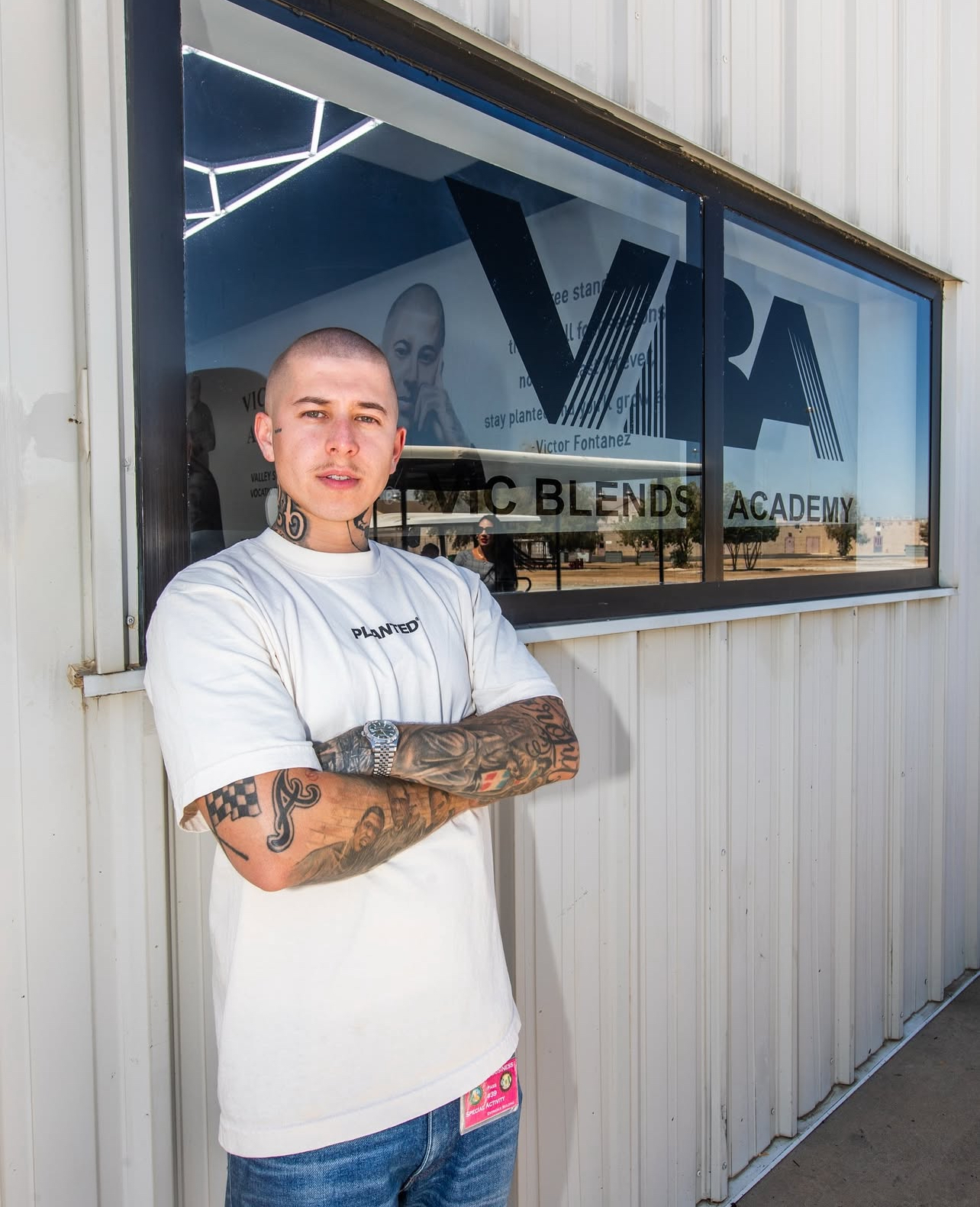
This story was originally published by The Fresno Bee
I am someone who, at one point, considered myself a troubled youth with no sense of direction. I’ve been suspended more times than I can count; for reasons such as carrying markers and writing in books, getting smart with teachers, trying to justify my actions or prove a point.
Admittedly, I wasn’t the best kid in school and my behavior was fairly mischievous, but kicking me out of school and sending me home for days at a time wasn’t a solution. Instead, this approach to discipline kept me from education and affected who, and where, I am today.
I am not alone, as this “school pushout” approach is not unique in my community. In Fresno, many young people of color live in poverty, their parents work multiple jobs, and are being suspended and expelled from schools at an alarming rate.
An entire generation of students, who were born into a system of inequality, are experiencing the “school pushout,” being held back from receiving education and opportunities – never given to the chance to reach their potential.
You might wonder, “How can an entire generation of young people be held back from receiving their education?”
Well, that’s easy: constant overuse of suspensions, improper funding going to schools in “underserved areas” and a lack of counselors and health services. Our youths, primarily young people of color, are being prevented from taking advantage of the opportunities our country has to offer due to an institutional bias that pushes them out of schools, starting at a very young age.
The use of suspension starts as early as preschool. African American preschoolers are 3.6 times more likely to be suspended than their white classmates.
In the last year alone, the state of California suspended over 240,000 students. That’s nearly a quarter million young people being taken out of school, away from education, and sent home to learn nothing. The most common causes of these suspensions are for minor misbehaviors, like “defiance” or acting out.
The use of over-suspensions isn’t an investment in our youths or our communities; it is giving up on them. These harsh disciplinary tactics drive students away from their education, creates a negative association with authority figures, and predisposes our young people to the criminal justice system.
This approach to school discipline, in all cases, sets students up for failure. I know we can find a better solution that will help our youths, not hurt them.
When Garfield High School in East Los Angeles, for example, introduced a positive behavior program, suspensions went from 510 to just one in a single school year, and students’ test scores significantly improved.
Similarly, a few schools in Oakland found alternate ways to handle suspension and expulsion by enacting restorative justice programs, and they too saw an increase in graduation rates, reading scores and had fewer absences.
These are great examples for Fresno, as we’re a community that still has a long way to go. My school district didn’t have a program in place to help students like me, but I was one of the lucky ones who made it out of the cycle.
I was introduced to mentors who helped me turn my life around. Because of them, I understand how mentorship can make a powerful difference in a young person’s life.
With all of this said, I feel that the criminalization of our youth and demonization of their actions is something that desperately needs to be addressed. We can no longer push them to the side as if they are someone else’s problem.
Students need more than just the support of their parents; they need role models and authority figures that believe in them, programs that address emotional and behavioral issues that stem from systematic inequality, and shown that they are valued in the educational system and in our communities. After all, it takes an entire village to raise a child.
Ricardo Reyna is a 21-year-old Fresno resident. He is involved with the Fresno BMOC (Boys and Men of Color), The kNOw Youth Media, and serves on the ABC30 Youth Advisory Council.



